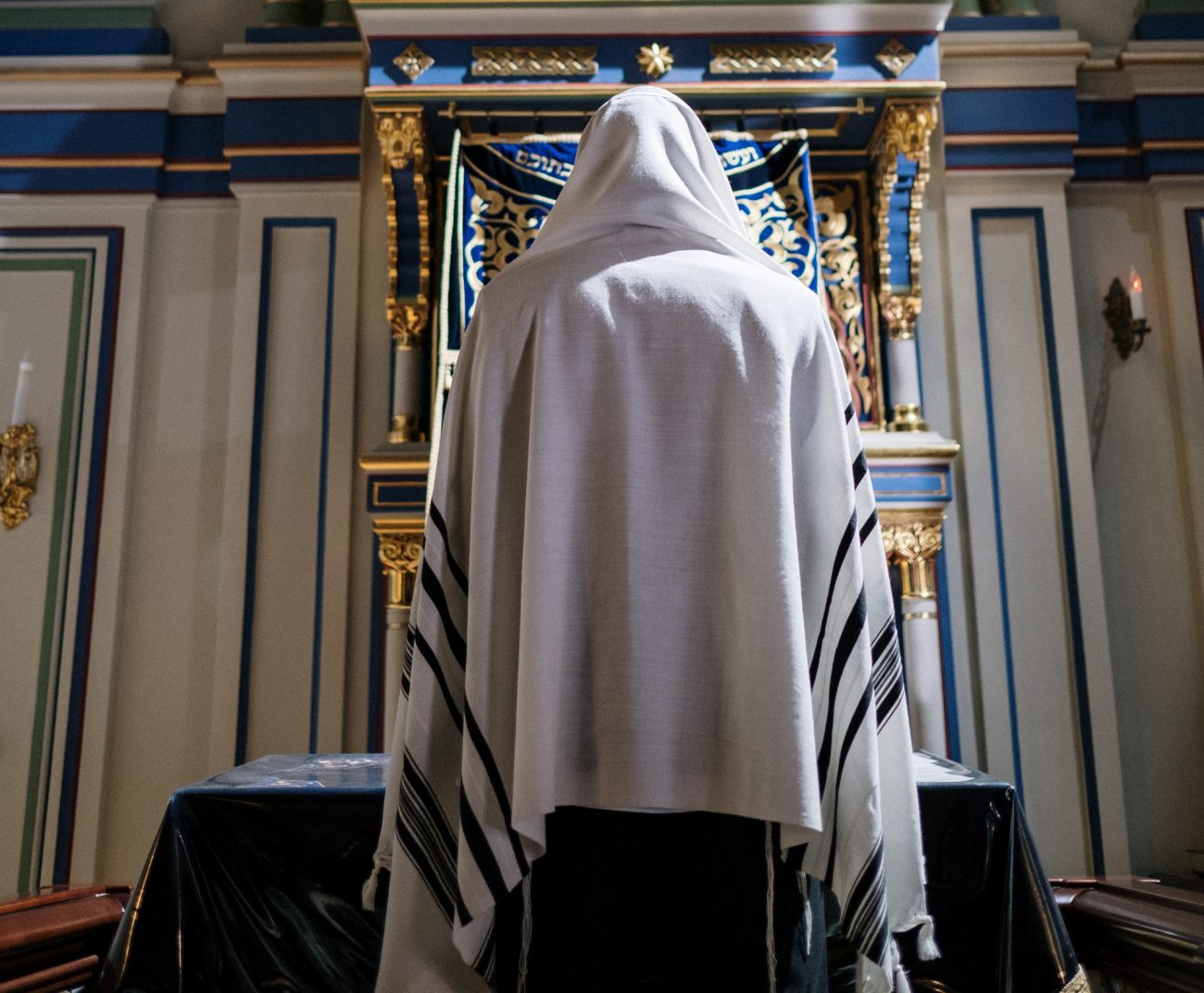
(Pexels/Cottonbro)
Judaism’s Day of Atonement is a reminder to all that “humanity has a collective responsibility for each other,” said a local expert on Jewish-Catholic relations.
Yom Kippur, celebrated Sept. 16 this year, is the holiest day of the Jewish calendar, marking a time of profound prayer, fasting and repentance.
Along with Rosh Hashanah, the start of the Jewish year, the ancient observance — believed to originate from the time of Moses – is part of the Yamim Noraim, or “Days of Awe.”
During Yom Kippur, Jews typically abstain from food, drink and marital relations, as well as the application of lotions or creams and the use of leather footwear. Synagogues conduct five prayer services throughout the day, beginning on the eve of Yom Kippur, which features the Kol Nidre and the Shema, two of the most well-known Jewish prayers.
Psalms, Leviticus and Jonah are among the observance’s prominent Scriptures. Yom Kippur concludes at sunset with the Neilah, or “closing of the dates” service, followed by a shofar blast that marks the end of the fast.
[hotblock]
From a Catholic perspective, Yom Kippur is a kind of “examination of conscience” that is performed “both individually and communally,” said Philip Cunningham, co-director of the Institute for Jewish-Catholic Relations (IJCR) at Saint Joseph’s University. Founded in 1967, the IJCR is the oldest university center of its kind in the U.S. created in response to the Second Vatican Council’s call for increased interfaith dialogue.
Such reflection “must consider both the ‘vertical’ relationship between God and the individual (bein adam lamakom) and the ‘horizontal’ relationship between someone and their friend (bein adam lechavero),” Cunningham said.
In essence, “one’s relations with God will be holy only if one’s relationships with other people are loving,” he noted.
The COVID-19 pandemic has underscored that interdependence, said Cunningham, as a story about 18th-century Hasidic sage Rebbe Moshe Lieb Erblich illustrates.
The rabbi once overheard a man question a friend if he loved him. When the friend replied he did, the man then asked, “If so, what causes me pain?” When the friend admitted not knowing, the man retorted, “If you truly loved me, you would know what causes me pain.”
The anecdote rings true today, said Cunningham.
“To love someone is to know what hurts them,” he said. “To love someone means avoiding causing them pain and alleviating it when it happens.”
With COVID deaths totaling more than 4.6 million globally (with some 666,630 in the U.S. alone), the rituals of Yom Kippur highlight that “both Jews and Catholics are commanded to love God and love our neighbors as ourselves,” said Cunningham.
“How will our love for our neighbor be shown when they are suffering the pain of the coronavirus?” he asked. “What can we do to alleviate their pain, and to avoid the spreading of that pain?”
PREVIOUS: Homeless ministry looks to ‘Boot Up Philly,’ inspired by local saint
NEXT: Alum donates $50K to Delco parish school that helped him succeed in business, faith



Share this story